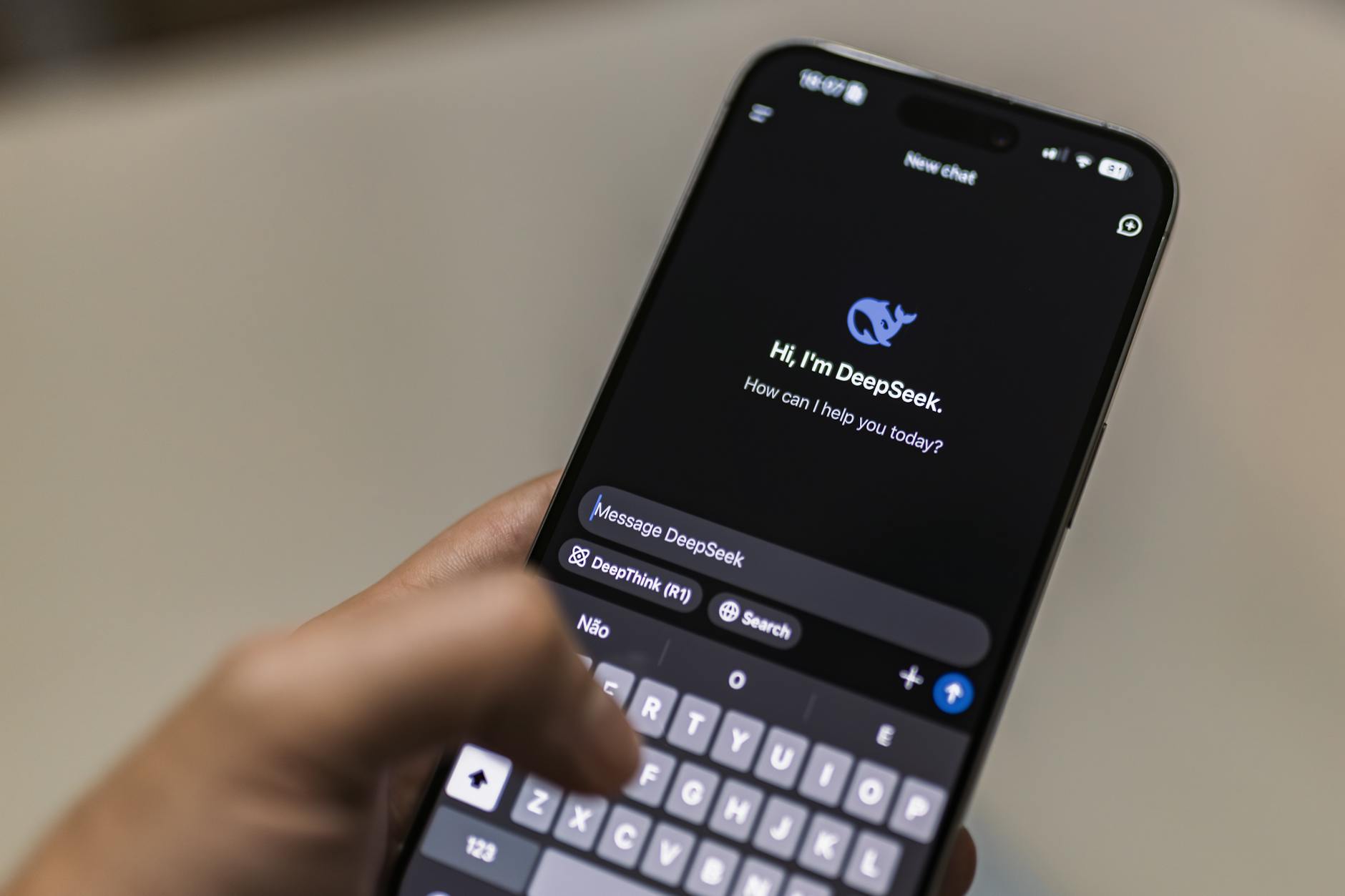Germany’s AI Consulate Innovations and Global Comparisons
February 15, 2025The Role of the AI Consulate General of Germany in a Global Context
February 15, 2025Analyzing User Reviews for AI Consulate Services in Germany: Insights and Comparisons
decor globes earth world peace united nations blue vintage antiques travel
AI consulate services, particularly in Germany, are transforming global communication and bureaucracy. These services aim to streamline processes that were once tangled in red tape. However, the effectiveness of AI consulate innovations often depends on user feedback. User reviews on this topic provide invaluable insights, influencing how these technologies evolve and adapt to meet diverse needs. Such feedback forms a foundational component in evaluating the progress and reach of AI consulate services worldwide, including other locations like Japan. By analyzing these reviews, stakeholders can better understand the challenges and opportunities unique to each consulate. This analysis not only enhances service delivery but also fosters user trust and engagement in the digital age.
Exploring AI Consulate Services
AI consulates aim to revolutionize governmental processes by leveraging advanced technologies to simplify tasks that once required extensive bureaucracy. This section covers the primary services offered by AI consulates worldwide, followed by a detailed case study of the AI consulate in Japan, highlighting its user reviews and specific services.
Core Functions of AI Consulates
AI consulates function as hubs for various services, leveraging technology to assist in multiple domains:
-
Visa Processing: Through automated systems, AI consulates streamline visa applications, reducing wait times significantly. Integration of AI to support visa processing at consulates throughout Asia Pacific exemplifies this enhancement CGI to integrate AI into visa processing support at U.S. embassies.
-
Information Services: Consulates provide essential information digitally, making it easier for individuals to navigate complex procedures without visiting in person.
-
Support for Expatriates: These services include digital communication tools for better service accessibility, often extending to emergency assistance powered by AI systems.
By utilizing AI, these consulates improve their efficiency and deliver a more user-friendly experience to those interfacing with them. The approach not only enhances operational efficiency but aligns with the ongoing global transformation in public service delivery VFS Global.
AI Consulate Japan: A Case Study
When examining the AI consulate in Japan, the focus is on its unique service offerings tailored to the local context and user requirements. Operating within this landscape, the AI consulate in Japan offers specific services:
-
Automated Language Assistance: It provides real-time translation and interpretation services, reducing language barriers for expatriates and visitors.
-
Custom-Specific Recommendations: The consulate utilizes sophisticated algorithms to tailor recommendations for individuals based on their unique interactions and needs.
-
Feedback Integration: A remarkable feature is the use of AI to dynamically integrate user feedback into service improvements, ensuring a responsive approach to evolving user expectations.
User reviews highlight the benefits of these services, consistently praising Japan’s AI consulate for its efficiency and responsiveness. The tailored services foster trust among users, who appreciate the rapid response times and personalized attention offered by the AI systems.
By nurturing an environment rich with digital innovation, the Japanese consulate exemplifies the potential reach and impact of AI-driven governmental operations in enhancing user experience.
Analyzing User Reviews
User reviews provide a candid, firsthand account of the AI consulate services in Germany. They offer insights into both positive experiences and challenges users face, showcasing how technology is transforming traditional consular operations. These reviews highlight what is working well and where improvements can be made, offering valuable feedback for further service enhancements.
Positive Feedback: Highlights of AI Consulate Services

Photo by Matheus Bertelli
Many users commend the AI consulate for its efficiency and accessibility. Positive feedback often emphasizes how AI has significantly reduced wait times and simplified processes that were historically cumbersome. By utilizing advanced algorithms, these services offer:
- Streamlined Processes: AI systems handle document verification and application processing with remarkable speed and accuracy, eliminating many of the traditional bottlenecks in consular services.
- Enhanced User Experience: The interface is user-friendly and intuitive, allowing users to navigate services without hassle.
- Responsive Assistance: Real-time responses and 24/7 service availability are frequently noted as major advantages, providing reassurance for users in urgent situations.
These benefits are frequently identified in reviews, highlighting how AI advancements are making consulate services in countries like Germany and Japan more user-focused and efficient.
Common Challenges and Criticisms
Despite the numerous advantages, some users have voiced concerns about the AI consulate services. Common criticisms often revolve around:
- Technical Glitches: Users occasionally encounter system errors or outages, disrupting service continuity. When these occur, it can lead to delays and frustration, as users expect reliable and uninterrupted service.
- Complexity in Resolving Unique Queries: While AI handles standard queries efficiently, complex or unusual cases sometimes require human intervention. Users have remarked on difficulties in transitioning these queries from AI to human operatives.
Understanding these challenges is crucial for continuous improvement of these services. Addressing technical stability and refining the blend of AI-driven and human-supported solutions could enhance the overall user experience.
By analyzing these reviews, stakeholders gain a comprehensive perspective on both the strengths and areas for improvement in AI consulate services. This feedback is indispensable for crafting a more effective and user-friendly consular experience. For more insights on how AI is shaping consular affairs, see How AI can benefit Consular Affairs | Jim Thompson posted ….
Comparative Analysis: AI Consulate vs Traditional Consulate Services
In an era defined by digital transformation, AI consulate services are reshaping how governments interact with citizens. Particularly in Germany, these services provide a unique alternative to traditional consular processes, promising enhanced efficiency, accessibility, and user satisfaction. This section examines how AI consulates compare to their traditional counterparts in key areas, providing insights into their growing appeal.
Efficiency in Service Delivery
AI consulates are making waves primarily due to their exceptional service speed and accessibility. These automated systems process requests at a pace that traditional consulates often struggle to match. By employing AI, these consulates streamline complex bureaucratic tasks. This technology dramatically cuts down processing times, enabling swift service delivery. Traditional consulates, limited by human resources, can experience backlogs, particularly during peak times.
An AI consulate’s accessibility also stands out. Services are often available 24/7, allowing users worldwide to access them at their convenience. This contrasts with the fixed operating hours of traditional services. With AI, geographical and temporal barriers fade, offering a more inclusive service model. Such benefits are crucial, particularly for expatriates requiring urgent assistance beyond normal working hours. For an exploration of how AI is modernizing government operations, see Using Artificial Intelligence (AI) to Modernize American Statecraft.
User Experience and Satisfaction
The user experience at AI consulates receives mixed reviews, often overshadowed by its traditional peers. Users appreciate the streamlined interfaces and reduced wait times that AI-driven systems provide. An AI consulate’s ability to offer rapid responses greatly enhances user experience, minimizing frustration associated with lengthy procedures. This efficiency is frequently highlighted as a significant improvement over traditional methods.
However, some users express challenges when AI systems encounter complex inquiries. While they handle routine tasks seamlessly, situations requiring nuanced human judgment may necessitate traditional interaction. Here, traditional consulates excel, offering personalized attention that AI systems may lack.
Yet, user satisfaction generally tilts in favor of AI consulates for their role in simplification and modernization. This is evident in user feedback, which often praises the AI systems for their innovative approach to solving age-old consular problems. For more on AI’s impact, consult How AI can benefit Consular Affairs.
This analysis illustrates that while AI consulates have considerable advantages, they are not universally superior. The ideal model may involve a symbiotic relationship between AI efficiency and human empathy, balancing innovation with tradition to optimize service delivery.
Future Prospects of AI Consulates
The future of AI consulates looks promising as technology evolves and global interactions increase. Innovations in service delivery are expected, alongside a growing use of AI to meet the demands of international citizens. Understanding how these developments will play out can provide insight into the potential benefits and the directions AI consulates may take in the not-so-distant future.
Technological Advancements: Anticipate future technology that could enhance AI consulate operations
AI consulates are on the brink of a technical revolution. Various advancements could fundamentally enhance their operations:
-
AI-Powered Chatbots: Next-generation chatbots can offer more personalized responses and handle complex queries. This would significantly reduce waiting times for users.
-
Predictive Analytics: By analyzing user data, AI can anticipate the needs of citizens and streamline services based on demand. Patterns reveal what citizens typically need, allowing consulates to be proactive in offering support.
-
Blockchain Technology: This technology promises secure and transparent transactions, especially useful for visa applications and document processing. A blockchain-based verification system could greatly enhance trust and efficiency.
-
Virtual Reality (VR) Services: Consulates may implement VR for remote consultations and virtual tours. This can provide users with immersive experiences, connecting them to essential services from anywhere in the world.
These advancements can transform how AI consulates operate, improving user satisfaction and service delivery significantly.
Expansion Plans and Global Reach: Consider the potential for AI consulate services to grow worldwide
The potential for AI consulate services to expand globally is substantial. As countries realize the benefits of automation in governmental operations, a few areas stand out for growth:
-
Increasing Adoption: Nations worldwide can adopt AI consulates to improve service efficiency. This can help optimize operations and reduce bureaucratic delays.
-
Global Network Development: AI consulates can create a synchronized global network. This could ensure consistency in service delivery and user experience, regardless of geographical barriers.
-
Multilingual Support Expansion: To meet the needs of diverse populations, AI consulates can offer multilingual support. This inclusivity can enhance communication and access to essential services for all users.
-
Collaborative Initiatives: Countries can partner to share insights and technologies. This cooperative effort can lead to improved service offerings and a more unified approach to consular assistance globally.
Through these avenues, AI consulates stand to serve a broader audience more effectively, enhancing their role in international diplomacy. The emphasis is on adapting to user needs as technology continues to advance and reshape service paradigms.

Photo by ThisIsEngineering
For further understanding on the intersection of technology and diplomacy, see AI and the Future of Public Diplomacy.
Conclusion
User reviews play a crucial role in shaping AI consulate services in Germany. They provide direct insights into both strengths and weaknesses, informing future improvements. Positive feedback highlights efficiency and user-friendly features that foster trust among users. However, criticisms regarding technical issues and complex inquiries highlight areas needing attention.
Stakeholders should prioritize addressing these concerns to enhance service delivery. The impact of user feedback cannot be underestimated. It drives innovation and improvement for AI consulates worldwide, ensuring they remain responsive to the needs of users. Understanding these reviews is vital for creating a better consular experience on a global scale.